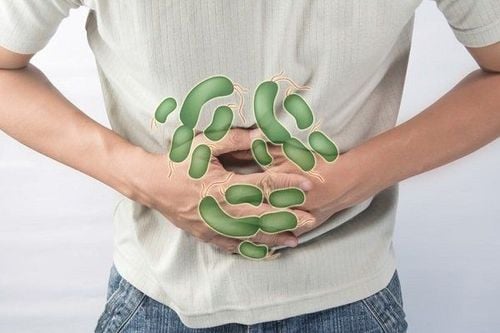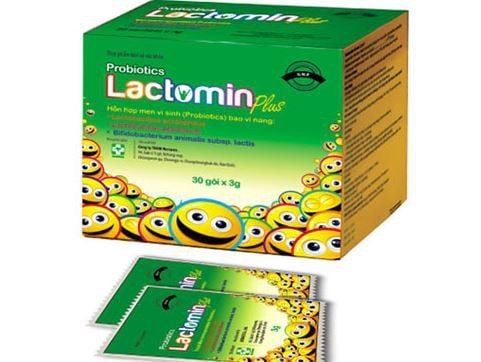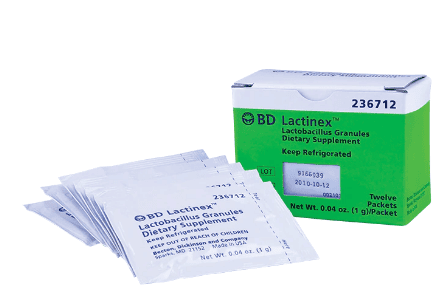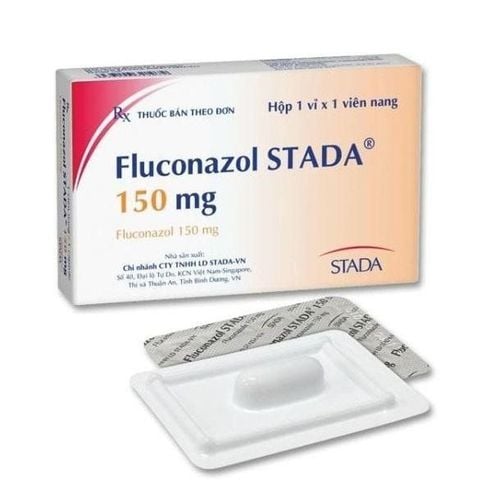This is an automatically translated article.
Intestinal infections are a condition that almost everyone has to experience at least once in their life, especially in today's busy society and constant concern related to food safety . So what are the signs of intestinal infection and is intestinal infection dangerous?
1. Important Information Regarding Intestinal Infections Intestinal infections are a common medical problem that can affect any person or age group, caused by attacks of all kinds. harmful microorganisms such as bacteria or yeast, a few are associated with parasites.
What is the main cause of intestinal infections?
Intestinal infections when occurring will directly affect human digestive activities, thereby causing negative impacts on general health. The main cause of this condition is harmful microorganisms. Although they can be distributed in a wide range of spaces, the vast majority of people with intestinal infections are related to harmful microorganisms found in unhygienic foods.
In today's society, the spread of dirty and unknown foods on the market has caused the prevalence of intestinal infections to increase significantly. In addition, some bacteria that are harmful to the digestive system can also appear in some food groups such as canned foods, fish with high mercury content...
Most especially, habits The habit of eating raw vegetables of many Vietnamese people can also be the source of intestinal infections, because this is an ideal hiding place for E.coli bacteria - one of the bacteria causing digestive diseases very common. .
Finally, the habit of drinking unboiled water or not washing hands before eating is also the reason for the high rate of intestinal diseases.

Nhiễm khuẩn đường ruột khi xảy ra sẽ ảnh hưởng trực tiếp đến hoạt động tiêu hóa của con người
2. Early signs of intestinal infection you should know 2.1. Loss of appetite and loss of appetite This is a very early sign of an intestinal infection: the patient always has a feeling of not wanting to eat or when eating, feels the taste of food is bland, does not taste good.
2.2. Feeling of abdominal pain and nausea, even vomiting The next sign of intestinal infection that people with this condition often experience is continuous episodes of abdominal cramps, each pain lasts 3 to 4 minutes and tends to increase in severity over time.
Along with these spasms, the patient also feels gas and bloating, nausea, even vomiting continuously despite eating very little / only drinking water.
2.3. Diarrhea - a prominent sign of an intestinal infection Diarrhea can be considered a very typical symptom of an intestinal infection as well as digestive problems in general. This sign comes from the harmful agent attacking and causing the intestines to undergo great irritation, which in turn leads to diarrhea. The stools of people with intestinal infections are often loose and mixed with mucus.
2.4. Mental health problems associated with intestinal infections Some studies show that when intestinal infections with yeast are often associated with a high risk of depression: patients are always in a state of depression. bored, tired and lazy. In addition, the symptoms of intestinal infections also affect the quality of the patient's sleep, leading to sleep disturbances.
3. Are intestinal infections dangerous? In fact, intestinal infection is considered a common medical problem and is not serious if you detect and treat it in time without causing any complications to your health. For some people, the condition can even go away on its own after a few days.
However, if your digestive infection lasts too long without any medical intervention to fix it, you can completely face many serious complications, even life-threatening complications. life-threatening, including:
Stomach bleeding because the infection is advanced and severe, giving agents a chance to destroy your stomach. Ulcerative colitis and irritable bowel syndrome. The body is severely dehydrated from diarrhea, and in extreme cases, you can die.

Tình trạng nhiễm khuẩn đường ruột được xem là vấn đề y tế phổ biến
4. Are intestinal infections contagious? Most infectious diseases can be passed on to otherwise healthy individuals. For intestinal infections, the disease can be spread through eating or drinking or shared toilets when there is no clean hygiene after each patient's bowel movements. However, the main source of infection is often in dirty, unsafe food and water.
5. Guidelines for effective treatment of intestinal infections The vast majority of patients with intestinal infections can be done with some home remedies.
First, you must not forget to add enough water to the body, because diarrhea can cause the body to lack water as well as important electrolytes in life activities. Besides, you can also add your own yogurt, fermented foods or probiotics to increase the number of beneficial bacteria in the gut. Thereby limiting the growth of harmful microorganisms, and at the same time promoting immune activity to help drive away these pathogens.
In case of severe infection, you should go to the doctor to perform tests and have more appropriate treatment.
It can be said that intestinal infections are increasingly common in today's society. When suffering from this condition, you need to add water and foods with the function of strengthening resistance.
Please dial HOTLINE for more information or register for an appointment HERE. Download MyVinmec app to make appointments faster and to manage your bookings easily.













